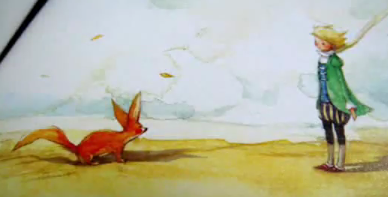I was loving this post by Doug Jackson. There are times when I read very good writing and a joy fills my soul. Today was one of those times, and so I thought I’d share an excerpt and entice you to enjoy the rest of it at the link below.
(the image is of a fishing boat from Palestine in 1st Century from in 1986, and nicknamed “the Jesus Boat”)
Thursday: Messing About in Boats
excerpt:
I thought about my car, a quarter-century old Toyota Corolla of indeterminate color and inelegant pedigree. It isn’t quite as long or wide as the Jesus Boat. Dog hair flecks the threadbare upholstery. A neighbor told me he always knows when I head for work or return home by the choked grumble of my engine. It is small. It is old. Is it also an opportunity for the mighty works of Christ?
And, of course, if this is true of that disreputable beater I drive, it is also true of the disreputable driver. A tiny life, a fool’s motley of patchwork parts, unshrunk scraps that have pulled great gaps where unwashed wisdom met threadbare experience. Throughout my days I have tinkered with the finicky mental mechanism, duct-taped the physical dilapidation, rerouted the spiritual wiring and generally tried to get ‘er to crank over for one more commute. One of these days the thing will flat refuse to run and the cankering rust won’t hold up to bolts or solder. I’ll just shove the whole concern into the high weeds and walk away. ~Doug Jackson, from Israel
Read the rest, I implore you! HERE





